When Will It Be Safe to Travel Again?
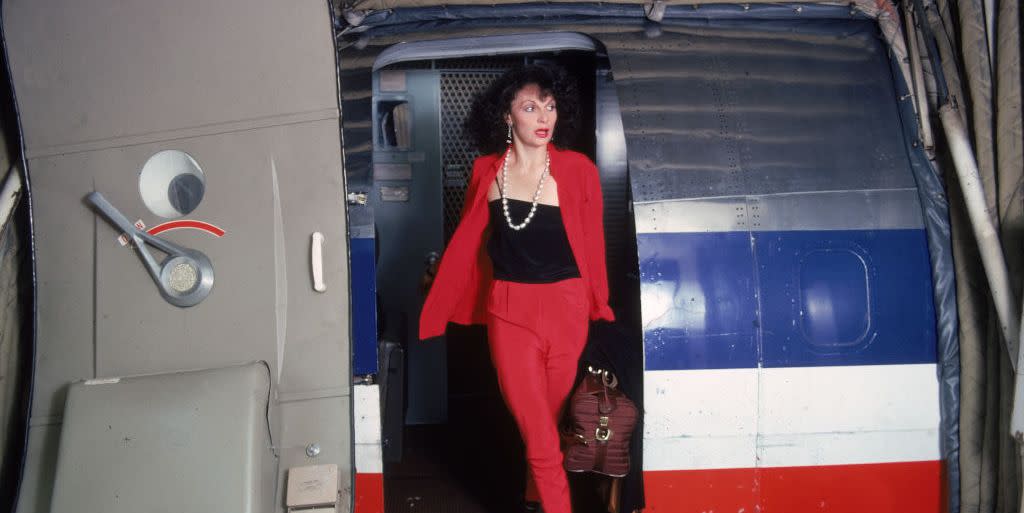
The answers to the question "When can we travel again?" have not substantially changed in the months since the pandemic became a global fact of life in March.
Broadly, the answers still comes down to three factors:
When we are allowed to (as per domestic and international governmental regulations regarding border closings and quarantines).
When the right transportation options are available (airlines with the right routes and enforceable and/or broadly adhered to protocols, ships able to set sail again).
When we feel safe doing so (when we are satisfied with the health and sanitation protocols in hotels and restaurants, on ships and planes).
What feels safe, of course, can be a highly personal decision. As one travel advisor pointed out recently, "When it comes to risk aversion, people have highly dichotomized psyches—those ready to go, and those not."
Here are some things you should know and consider now:
Domestic Travel
It has long felt intuitively right that domestic travel for Americans would come back first—no necessity of flying, the assurance of good medical care should you fall ill. And America's great open, naturally distancing spaces to enjoy. (Although do beware of blithely embarking on the great American road trip—there are potentially countless touch points and human-contact opportunities during rest stops and gas stations.)
But the surge in Covid-19 cases in the south and west in the last two weeks of June has altered the landscape, triggering new state-to-state, 14-day quarantines. In New York, Connecticut, and New Jersey, for example, you must quarantine as of June 30 if returning from these 16 currently high-infection-rate states: Alabama, Arkansas, Arizona, California, Florida, Georgia, Iowa, Idaho, Louisiana, Mississippi, Nevada, North Carolina, South Carolina, Tennessee, Texas, and Utah.
As with all things Covid-19, the situation is fluid and more states can be added to the list—or taken off. While a number of states (in addition to the Tri-State area) now restrict travelers entering from South Carolina, for example, the Palmetto State has no restrictions of it own on out-of-state visitors. As of now, you can fly into Charleston from anywhere, and the city is in a "phased reopening." (The city's Current Openings blog gets updated daily.)
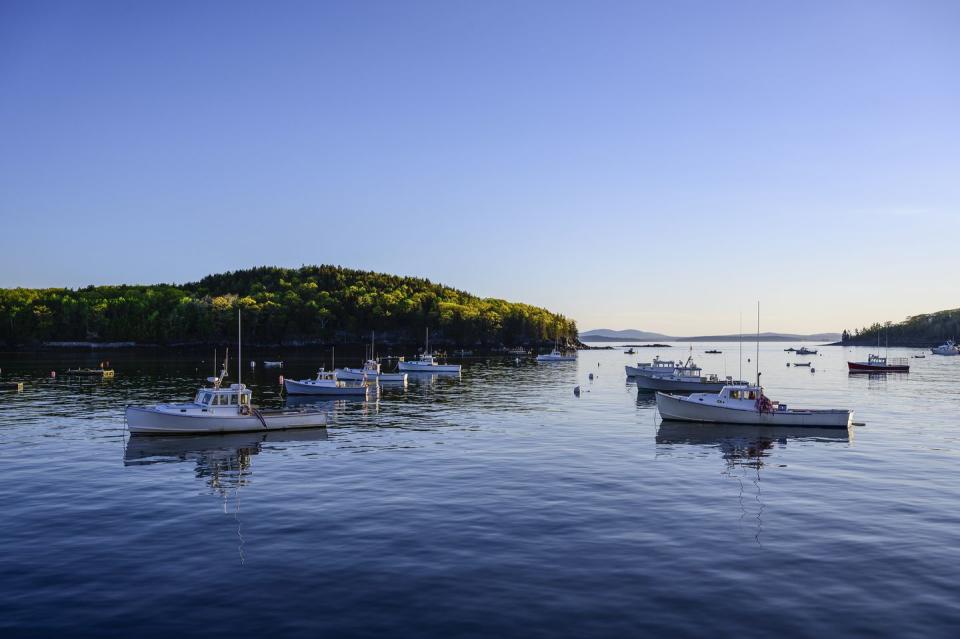
The moral: Be sure to check and double check tourism and governmental websites of any state you are thinking of traveling to in the near future—right up to the day of your planned departure.
But making a plan for domestic travel (and hoping for the best) is not unreasonable: The vast majority of hotels, resorts, and villas are offering extremely lenient cancellation policies these days—full refunds sometimes as late as 48 or even 24 hours before your travel date.
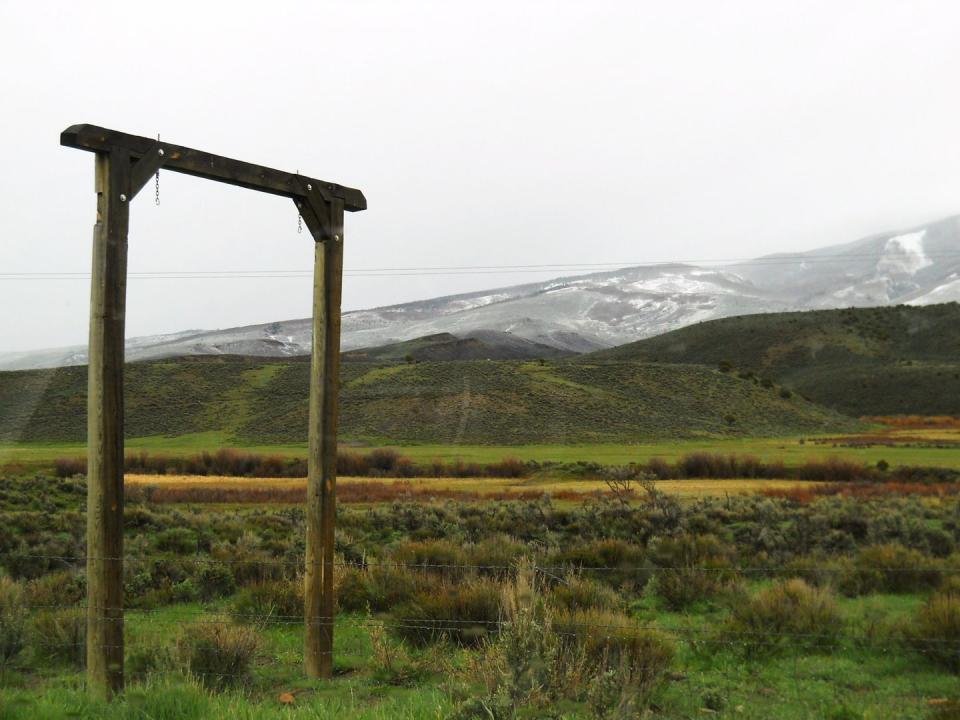
And there is major good news from Hawaii: On August 1, it will remove its mandatory quarantine for travelers who can show proof on arrival of a negative Covid-19 test.
European and Other International Travel
Europe, as had been predicted would happen by early July, appears to be on the mend, opening up to European travelers. On July 1, the European Union adopted a recommendation to lift restrictions on non-essential intra-EU travel; Germans will be able to vacation this summer in Greece, and Swedes can have their Roman holidays.
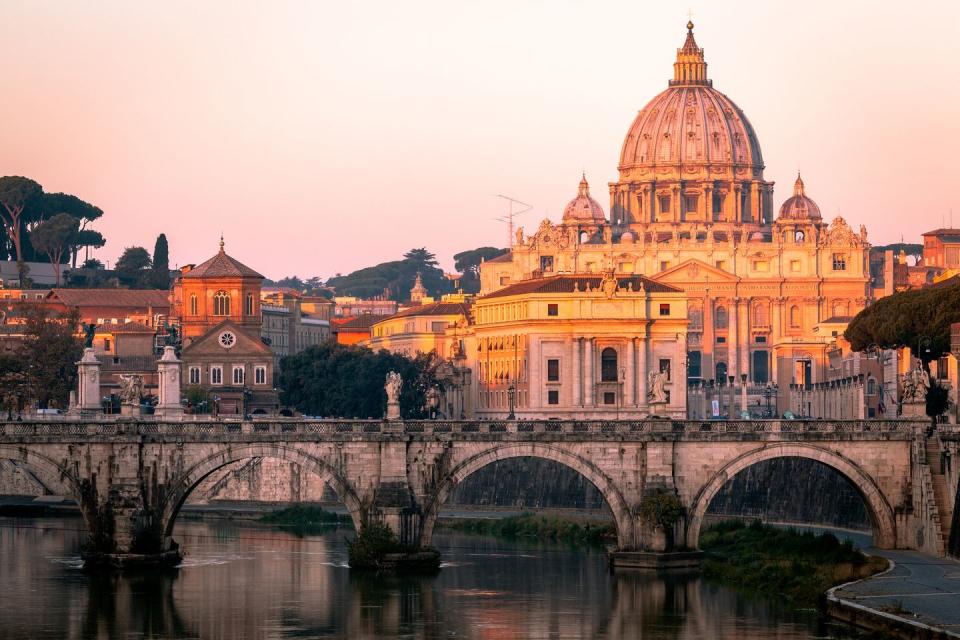
Likewise, the residents of 15 non-EU countries—Algeria, Australia, Canada, Georgia, Japan, Montenegro, Morocco, New Zealand, Rwanda, Serbia, South Korea, Thailand, Tunisia, Uruguay, and China—can now travel to Europe.
Alas, the United States did not make the cut, so all the dreams many of us harbored of lazy days in Positano or aperitifs in Paris are not to be, at least not yet. Even Brexit-bound England has followed suit in this: It is dropping its mandatory 14-day quarantine for travelers from more than 50 countries-—but not from the US.
Inclusion on the EU list is strictly on the basis of epidemiological criteria: the number of new Covid-19 cases in the country over the preceding 14 days and per 100,000 inhabitants; a stable or decreasing trend of new cases during that period of time as compared to the previous 14 days; and a broad bucket of factors called "overall response to Covid-19," which includes testing, surveillance, contact tracing, containment, treatment, reporting, and reliability of the information—in short, how seriously, systematically, and openly a country is conducting itself in response to the pandemic.
Although we have flunked on this go-around, we should not lose hope. The EU list will be reviewed and revised every 14 days. Yes, a trip to Europe is a long shot for summer—but depending on how America gets its act together, not necessarily a long shot for later in the fall.
Most European hotels will be open by then. (Quite a few never closed for domestic travelers, others began opening in June, and more still are scheduled to open this month and through August.) All have spent the last months of the lockdown putting their health, sanitation, and distancing protocols into place and following guidelines from the WHO and the CDC. Health and safety are the new competitive advantage in the travel industry; no one wants to be left behind, which for travelers is an excellent and reassuring thing.
"We have all realized," says Guy Hayward, the CEO of Six Senses, "that we will probably have no Americans before October and November. Because of the EU regulations, and because of the problems with commercial airlines."
October is just around the corner. You could book now, keeping in mind that cancellation policies are extremely generous these days (i.e., you can always change your mind) and the waters of the Mediterranean still eminently swimmable then....
And closer to home?
Canada
Canada closed its border with the US in early April and the hope was it might reopen in time for summer and fall—all those gorgeous wilderness areas, healthful, invigorating, stress-reducing, inherently distancing. But it hasn't done so yet, and given the surge on our side of the border, that now seems unlikely. The Canadian summer season is short, but if you're interested in keeping you finger on the pulse for early fall possibilities, you can do no better than contacting Mark Telio of Entree Destinations, who specializes in creating great trips in Canada and Alaska.)
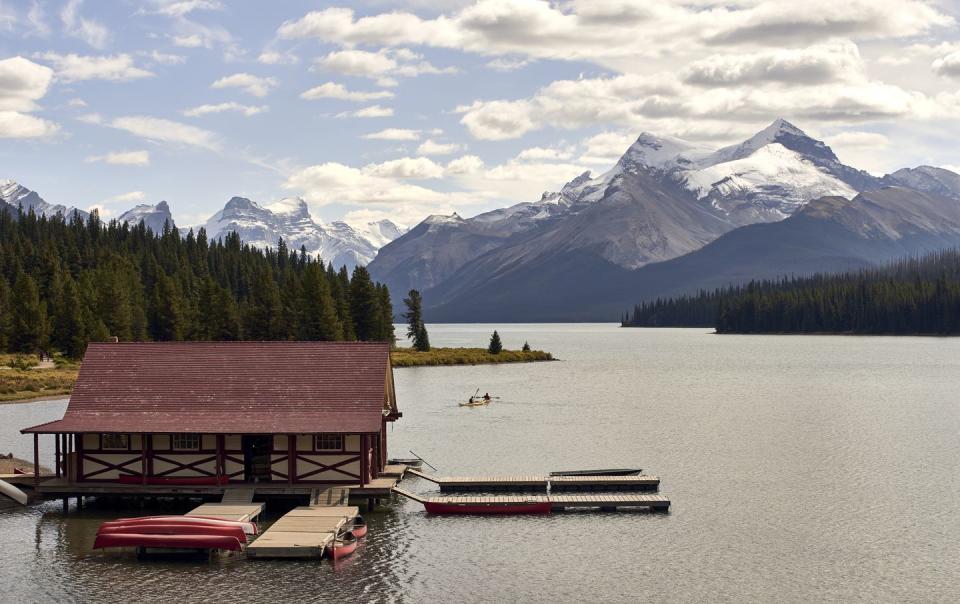
Mexico
The summer is endless in Mexico, however. The country never closed its airports and borders and restrictions on accommodations—hotels, resorts, and rental villas—were lifted on May 30. Re-openings are currently being phased in. A number of properties opened in June, more will be doing so this month and next. (The lovely and wellness-focused Chable Maroma and the Chable Resort Yucatan are scheduled to open on September 1.)
Zachary Rabinor, founder and CEO of Journey Mexico, which specializes in high-end travel to the country, says “that private retreats, villas, and residences for families and small groups will be a big part of the return to travel here"—he is seeing that already with his preliminary bookings. The greatest inhibitor for his American clients, he says, "is not any fear of unsanitary conditions at the hotels or villas, but rather the getting here": the departure airport, the TSA security lines, the boarding, the flight itself, the disembarkation, customs upon arrival, and then the ride to the property.
"But you can rest assured that once you're here," says Rabinor, "we in Mexico, after the Swine Flu and much else besides, are very well versed in insulating people in a bubble of safety."
The Caribbean
The region is now largely Covid-19 free. Many islands have re-opened internally—restaurants, shops, etcetera—and now their borders are beginning to open as well. And by the end of July, American Airlines, long one of the major carriers operating here, will have 42 daily flights to the Caribbean, with more expected for August.
But that doesn't mean you can just hop on a plane (even if you were willing too) and come down for a week. The border openings are staggered and come with varying requirements as to Covid-19 testing results and post-arrival quarantines. On some, many resorts are still closed even if if borders are theoretically open. (Antigua is a case in point—its Jumby Bay isn't accepting bookings until October 12.) It is a veritable patchwork that you have to navigate carefully.
Nevertheless: St. Barths opened on June 22; the Dominican Republic, Mustique, and several private islands in the Bahamas (including Musha Cay and Kamalame Cay) on July 1. St. Lucia is opening on July 9, Aruba on July 10 (but only to travelers from certain states), Anguilla on July 14, and St. Martin on July 15. Turks & Caicos is expected to open on July 22 .
"The US Virgin islands are a great pick for travelers right now," says Lindsey Epperly of Epperly Travel. "Resorts are open and social distancing and health protocols are in place. Plus, you don't need a passport."
If you do travel to the Caribbean in the near future and intend to snorkel (what better "bubble of safety" than he world beneath the surface of the water?), bring your own mask and air tube—it's encouraged and my money is on it being indefinitely the new normal.
Africa
We can't make firm projections yet as to the openings of the continent's many borders and hotels, but there is movement.
The Tourism Business Council of South Africa is pushing for allowing international tourism by September 1 (and domestic tourism sooner than that). Global airlines are certainly keen to return to South Africa as soon as possible—Lufthansa, British Airways, KLM, Ethiopian Airlines, Emirates, Qatar, United, and Delta are all on standby, waiting for when the country reopens. (New bio-security protocols will make the processing of incoming flights a longer affair, but that's just the new normal.)
Rwanda recently began allowing private planes to land at its airport and has just announced it will let in commercial planes starting August 1. Properties from One & Only and Singita are open. However, most Africa travel specialists will advise you against travel there for at least another month, perhaps longer. "It's a real hassle at the airport now," says Cherri Briggs of Explore Inc. You need proof of having had a negative Covid-19 test from a certified lab within 72 hours prior to your arrival, you will need to take another test upon landing, and then quarantine yourself at your own expense in a designated hotel for the 24 hours it will take to get the results. (Rwanda has effectively kept its coronavirus infections in check and intends to keep it that way.)
Elsewhere in Africa: Seychelles will open to scheduled commercial flights on August 1, with visitors required to take a test for Covid-19 72 hours prior to their departure date and thereby avoiding quarantine upon arrival. Morocco is said to be opening by mid-July. Zambia is open but requires quarantining. Word on the ground is that Namibia might open sooner than September, while Botswana and Zimbabwe appear to be following South Africa's timeline, with a goal of September 1.
But know that amidst all this limbo, lodges and safari camps are busy taking reservations for spring and summer 2021. Not surprising: Imagine you and yours alone in a game drive vehicle or two, amidst 250,000 (or more) of uninhabited wilderness.
The New Age of the Travel Agent
Whether you are contemplating domestic travel or foreign, a cruise or a private jet flight, now or in the near future, my advice is to go through a trusted travel agent who specializes in the place or the type of travel you are interested in.
Travel advisors have never been more important.
Not only can they be architects of your trip (itinerary, hotels, activities, and experiences), part of their fee now includes figuring out for you the ever moving targets of closings and reopenings. They know the regulations, domestic and foreign. They can negotiate on your behalf for the best cancellation policies possible. Do you want to know how a resort you're interested in is handling sanitation and social distancing protocols in their spa? They will know and can describe it to you in detail. Prefer a private villa for now? They will set that up too.
See also Wendy Perrin's list of destination experts, the Wow List. Still not sure who to call? You can contact Perrin directly through her website and she will be a matchmaker.
What to Expect at Hotels Worldwide
When travel dose come back fully, it will be different—as security has been since 9/11.
Every hotel and rental villa hoping to reopen is consulting with governmental health organizations and remediation companies on the measures that need to be taken—in the front of house and back of house—to give travelers confidence in their sanitation protocols.
Changes may not be permanent, but money is on them lingering a long time. As Alison Metcalf, chair of the USA chapter of the European Travel Commission, pointed out this week, "We have no vaccine. So we have transitional protocols. But I believe they will last long term. We will all be internalizing them."
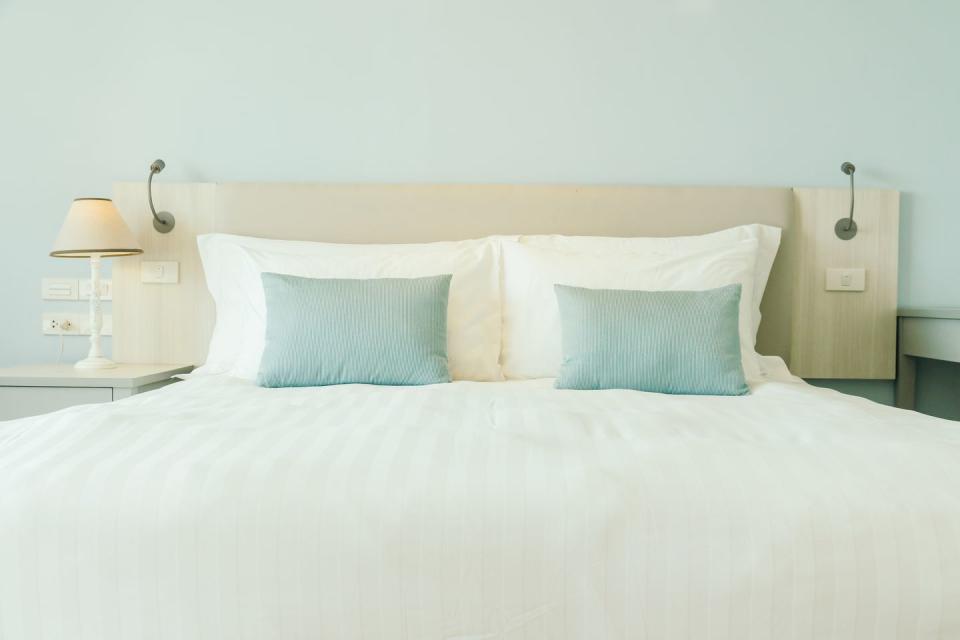
The following measures are examples of tip of the iceberg of what is being instituted already and unveiled in the hotels now open.
Fewer rooms available for booking, or in different booking configurations
A touch-less check-in process: Either, digital, or with safety glass installed at reception to protect both guests and employees, and, possibly, temperature checks.
Hotel employees will wear gloves and government compliant masks during all guest interactions; guests can request their own mask and sanitizers. (And yes, many properties are having their own masks designed—fashion statement and branding opportunities.)
No more buffets. (Natch.)
Reduced or eliminated restaurant dining. But room service likely to evolve in interesting new ways.
Outdoor dining will be big—as we all now know, chances of virus transmission are lowest in outdoor settings.
Public areas: Furniture re-arranged to ensure distancing.
Sanitizing stations throughout.
"Absolute privacy" signs: It's the now suddenly old-fashioned "Do Not Disturb" sign squared—requested services will be met, but, like room service, delivered only to your door. No hotel team member will enter your room during your entire stay if you so desire. If you don't mind, or want service as usual, they will oblige—presumably with PPE.
Room cleaning protocols. There is continuing discussion around this matter. I believe we can all rest assured that it will be frequent, obsessive, and over-the-top. Housekeeping supercharged.
Amenities are in the crosshairs. Chances are high that for the near future at least Covid-19 will spell the end of the environmentally correct reusable shampoo and conditioner bottles, in-room coffee table books and magazines, possibly of mini bars.
Airlines
Commercial airlines are flying and adding routes—nothing like the pre-Covid normal, but you can, for example, catch a plane from New York to San Francisco several times a day now.
The problem—in addition to border closings and the suspension of business travel—is that few of us are truly comfortable getting on a plane, much less experiencing the pre-boarding gauntlets of TSA inspections and boarding gate mosh pits, plus post-arrival passport inspections, luggage retrieval, and customs inspections.
And with airlines struggling to recover, and some probably going under, there is the question of whether there will be enough routes, at least in the foreseeable future, for the places we'll want to go.
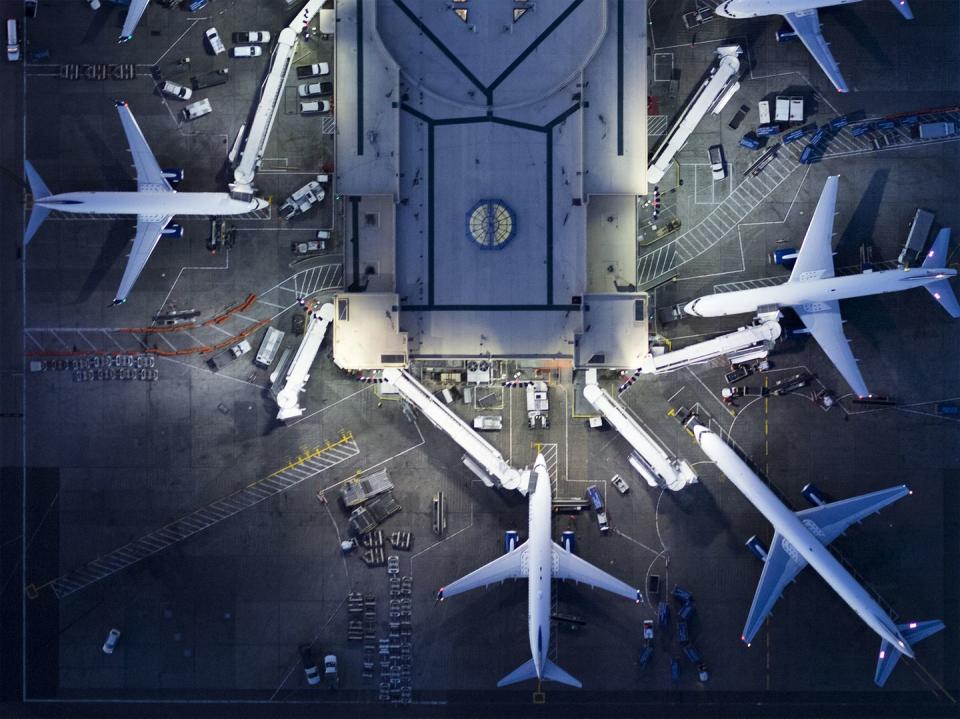
But new safety protocols have and are continuing to be developed:
Advanced cleaning requirements. Between flights and during flights.
Health buffer zones around airports, to control and contain possible contagions from incoming flights.
Universal testing of all passengers and workers/crew.
Meals and beverages will not be served—consumption, at least on short to mid-distance flights, will be "bring your own," or you will be handed a plastic bag with food upon boarding.
The problem now is enforcement. Even though masks are required, there have been many reports of passengers refusing to wear them.
Even though middle seats are advertised as being kept empty—that is not always the case. You should be aware that United and American have now begun openly selling them as business is picking up.
Why is that? "Because there is no government mandate for social distancing on planes," says Henry Harteveldt, an aviation expert and research analyst. "Neither the CDC nor the US Department of Transportation have said airlines must leave middle seats empty. Therefore airlines will only support those distancing measures that do not interfere with their bottom line. No flight attendant/customer interaction? No problem. You will just be handed your food in a bag on boarding. American Airlines has actually added more seats in coach, and it is reducing legroom in both coach and first class."
Harteveldt and other industry observers laud Delta: "Right now," says Harteveldt, "they are doing the best job [with health protocols] of any airline in the world. And Southwest and Alaska are good."
What About Private Aviation?
Flying private does not solve your access problems. If borders are closed, you cannot fly in—private or commercial. And if there is a quarantine in place, flying private is not a golden ticket to freedom.
Still, many in the travel industry believe that private jet travel will lead the travel comeback as people seek to maximize social distancing.
"One jet company did an analysis and found you can cut potential exposure 30-fold by flying privately, " says Doug Gollan, founder and editor in chief of Private Jet Card Comparisons, which rates what are in effect the different "debit cards" you can purchase for private flying (the alternative to full or fractional ownership of a private aircraft). "They identified 600 touch points during boarding and flying commercial versus 20 flying private. And frankly, the airlines have fanned concerns about the safety of flying commercial with all the discussion about filling planes."
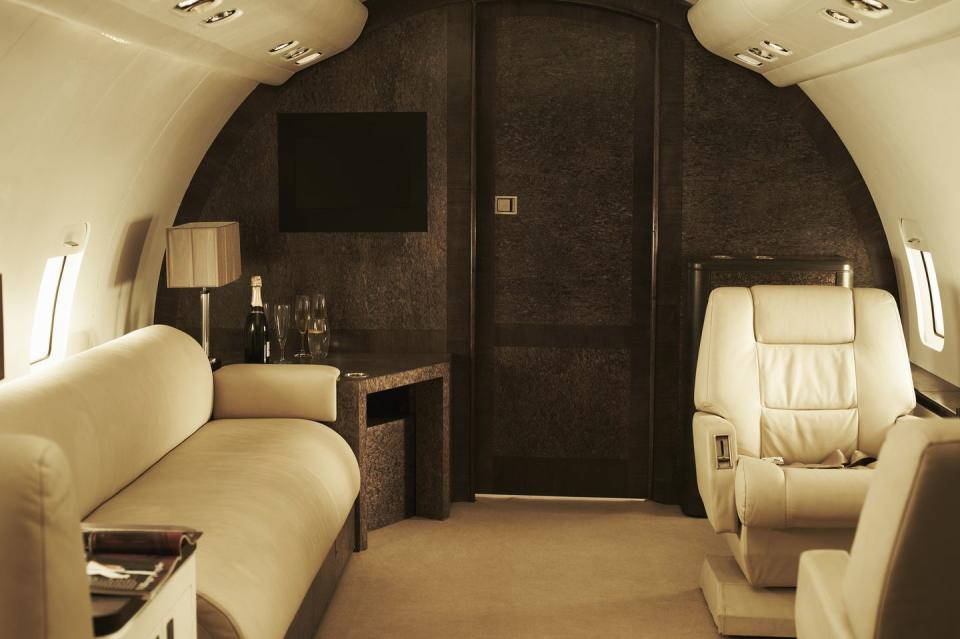
"What I'm seeing with my website," Gollan continues, "and others in the industry are as well, are two things: Current private jet travelers are now planning to do 100% of their flights on private aircraft, completely ditching the airlines, at least until there is a vaccine or cure. And those folks who have the money, but until now have flown commercially, are looking into private aviation solutions, jet cards, and charters. But I won't sugar coat. It's expensive."
Some recent stats: Over Memorial Day weekend, private jet flight levels were approaching 60% of normal (with Net Jet saying that the month was its best since 2207 for new customer acquisition). By mid-June, it was around 70%. "And early numbers for the July 4th weekend," reports Gollan, "look to be in the 80% to 90% range."
The Question of Cruises
The cruise industry has been especially hard hit by the pandemic, with infection spreading quickly on some ships in the early days of the pandemic. On March 14, the CDC issued a "no sail order," and extended it until July 24. But last week, on June 28, it revised that order: All travel on cruise ships worldwide, including river cruises, is to be deferred until October.
Potential cruisers should be reassured: Ships will not be allowed to sail without all health, sanitation, medical, and distancing measures agreed upon by the governing organizations (the WHO, the WTTC, and CLIA) firmly in place. Industry leaders have been in a huddle for months working on protocols themselves, analyzing what they could do better despite the the already stringent regulations.
"We are working extremely hard to see what our best practices should be not just for onboard," says Damien O'Connor, SVP of operations for Silversea, "but also for getting to our ships and off then—hotels, taxis, etc. We are not prepared to give details yet, because the requirements are changing not only daily, but hourly."
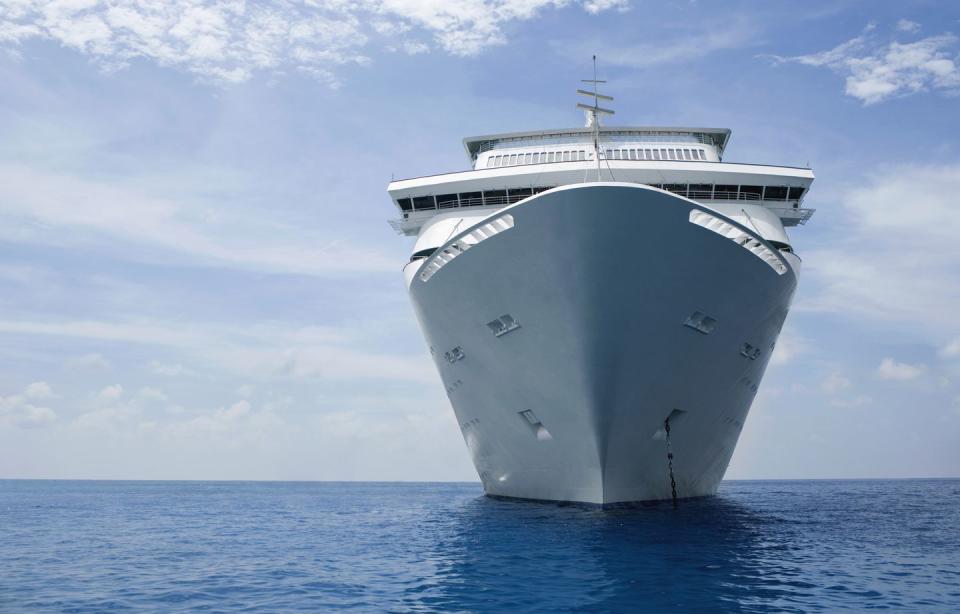
One thing we already know for sure: Passengers who had booked sailings for this spring and summer have been rescheduling those bookings for a year from now. One industry source told me: “Bookings for 2021 are way up over this time last year. [Although a significant portion of that is trips postponed.] Small ships are doing well, and so are expedition cruises. And if you want an Alaska sailing for next summer, hurry.”
You Might Also Like

